![[Photo by Tom Hilton via Flickr.]](/sites/default/files/styles/teaser_list_thumbnail_large/public/title_images/unnamed_167.jpg?itok=6iNHLvPN)
Mendocino County has some of the highest rates of suicide and drug-related deaths in the state of California. Will a recently approved tax to fund mental health care in the county effectively address the problem?
![[Photo by Tom Hilton via Flickr.]](/sites/default/files/styles/teaser_list_thumbnail_large/public/title_images/unnamed_167.jpg?itok=6iNHLvPN)
Mendocino County has some of the highest rates of suicide and drug-related deaths in the state of California. Will a recently approved tax to fund mental health care in the county effectively address the problem?
![[Photo by metrocreativecollection.com via The Foothills Sun-Gazette]](/sites/default/files/styles/teaser_list_thumbnail_large/public/title_images/unnamed_8.png?itok=aWzHBa6G)
In Tulare County, RV-like mobile units are trying to fill the need among Hispanic farm laborers for mental health care. But so far, the need far outstrips the supply of care.
![[Photo by Studio Roosegaarde via Flickr.]](/sites/default/files/styles/teaser_list_thumbnail_large/public/title_images/unnamed_166.jpg?itok=KIPyheBE)
Despite a tragic series of well-publicized suicides among current and recently graduated high school students in Santa Clara County, youth mental health care services remain sparse in the region.
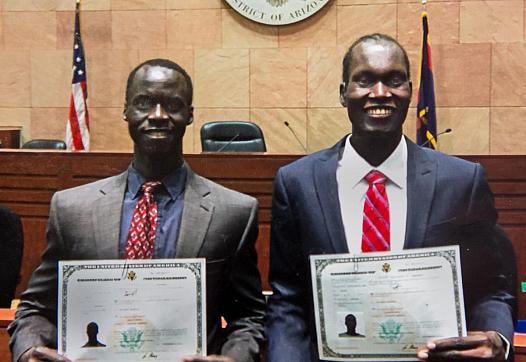
Perla Trevizo is a recipient of the University of Southern California Annenberg Center's Fund for Journalism on Child Well-being.
Other stories in this series can be found here.

Perla Trevizo is a recipient of the University of Southern California Annenberg Center's Fund for Journalism on Child Well-being.
Other stories in this series can be found here.
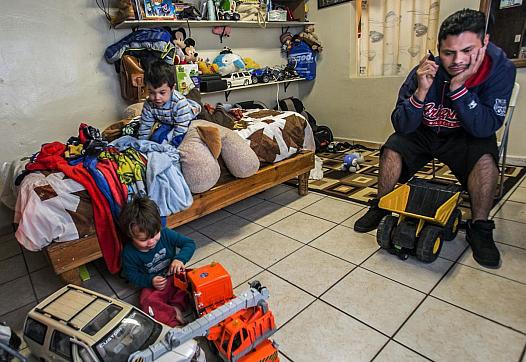
Perla Trevizo is a recipient of the University of Southern California Annenberg Center's Fund for Journalism on Child Well-being.
Other stories in this series can be found here.
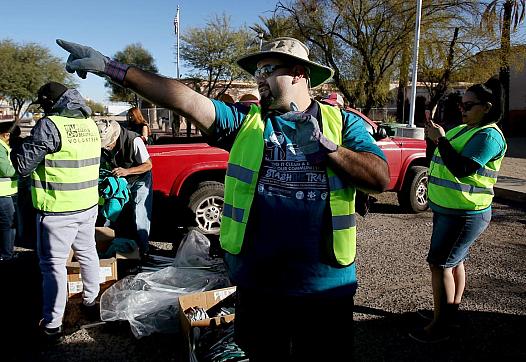
Perla Trevizo is a recipient of the University of Southern California Annenberg Center's Fund for Journalism on Child Well-being.
Other stories in this series can be found here.
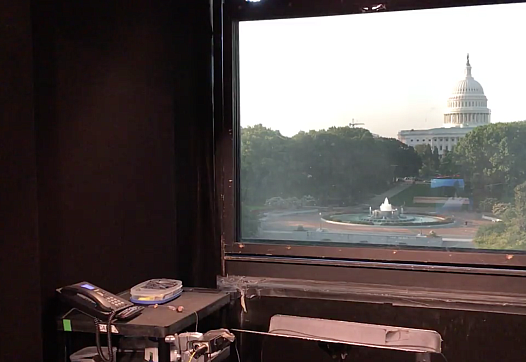
2017 National Fellow Tracie Potts gives a behind-the-scenes look at the ever-changing nature of her Fellowship project chronicling health reform across the country.
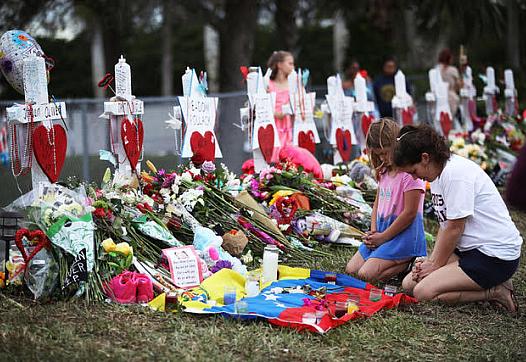
Expanding access to mental health care is not a prescription for preventing mass shootings, say two psychiatrists. Only confronting the easy availability of guns can achieve that.

When it comes to preventing child abuse and neglect, and addressing family dysfunction, few issues are as critical as addiction.